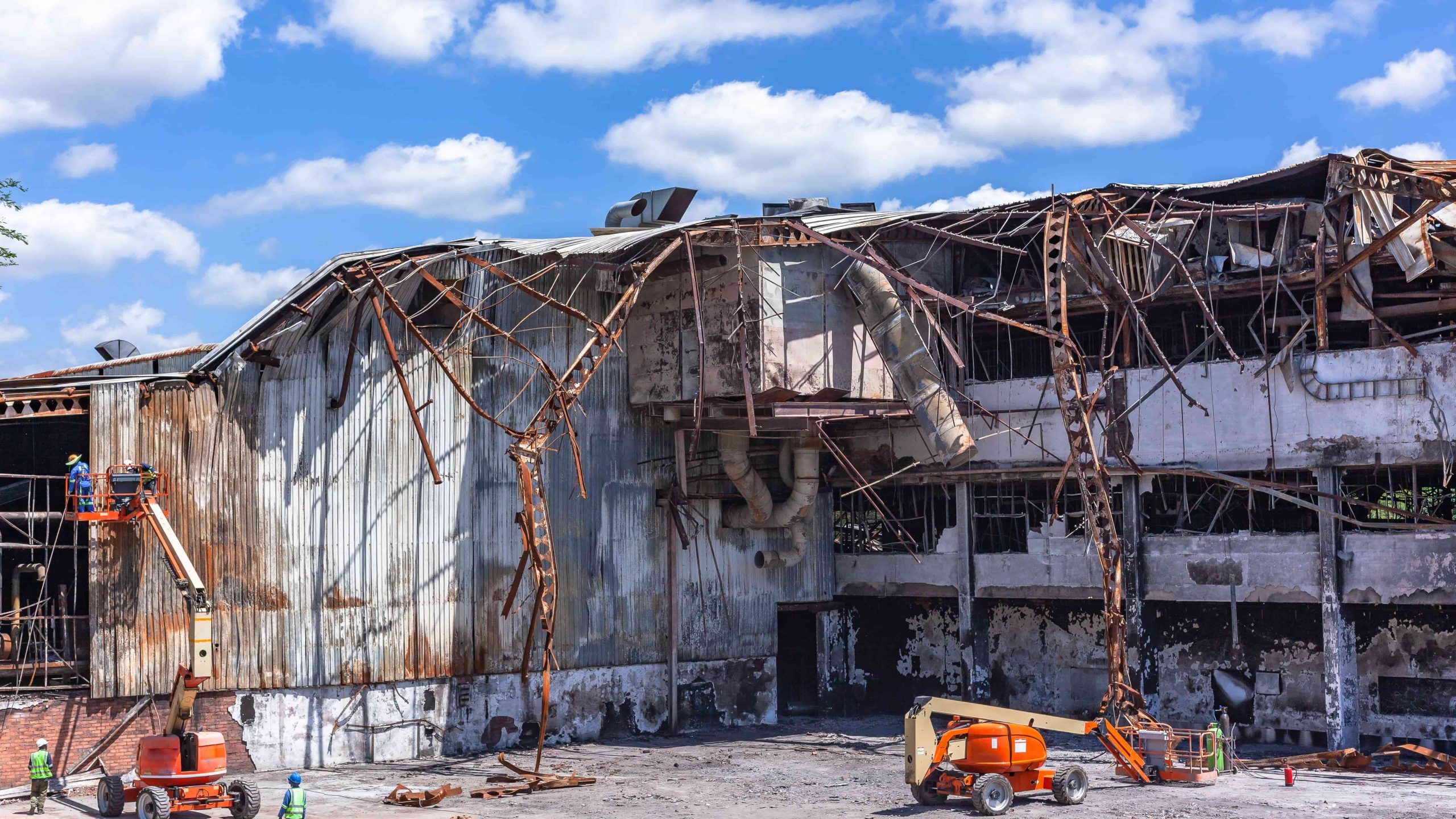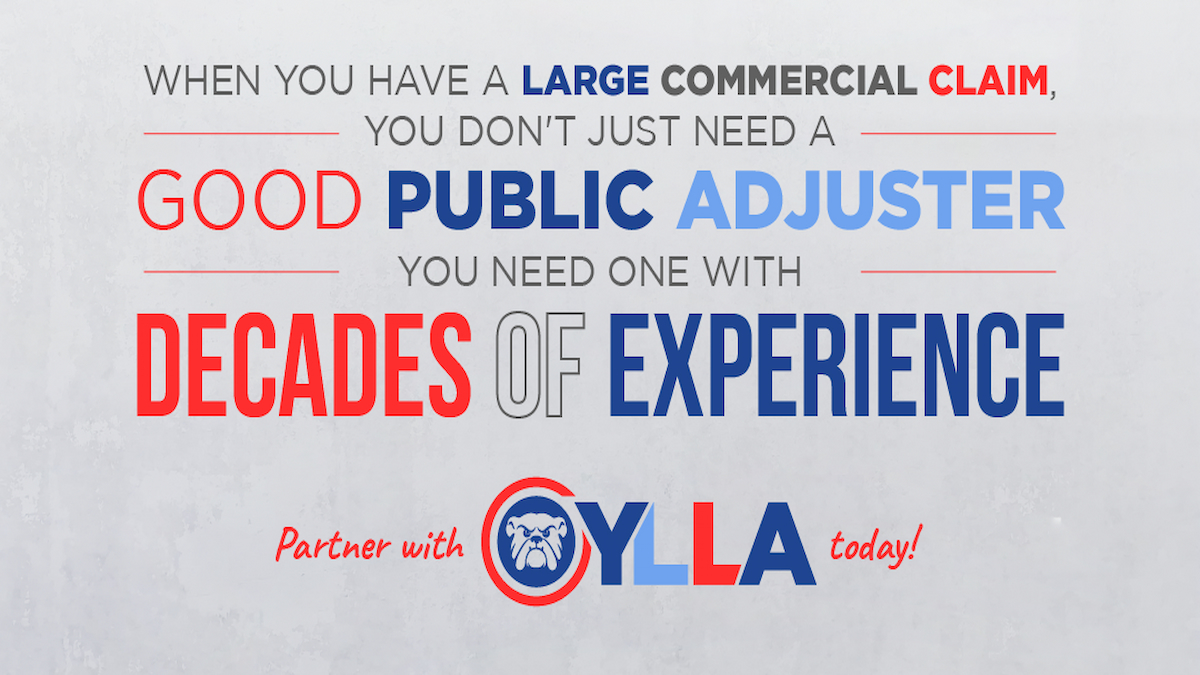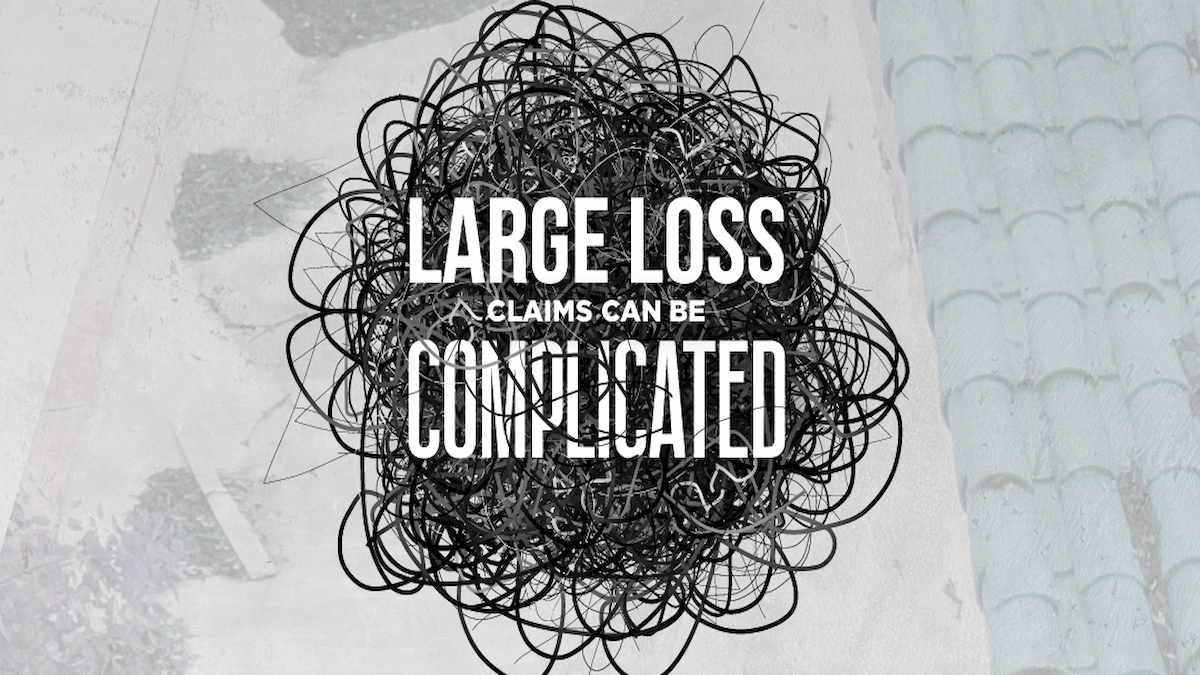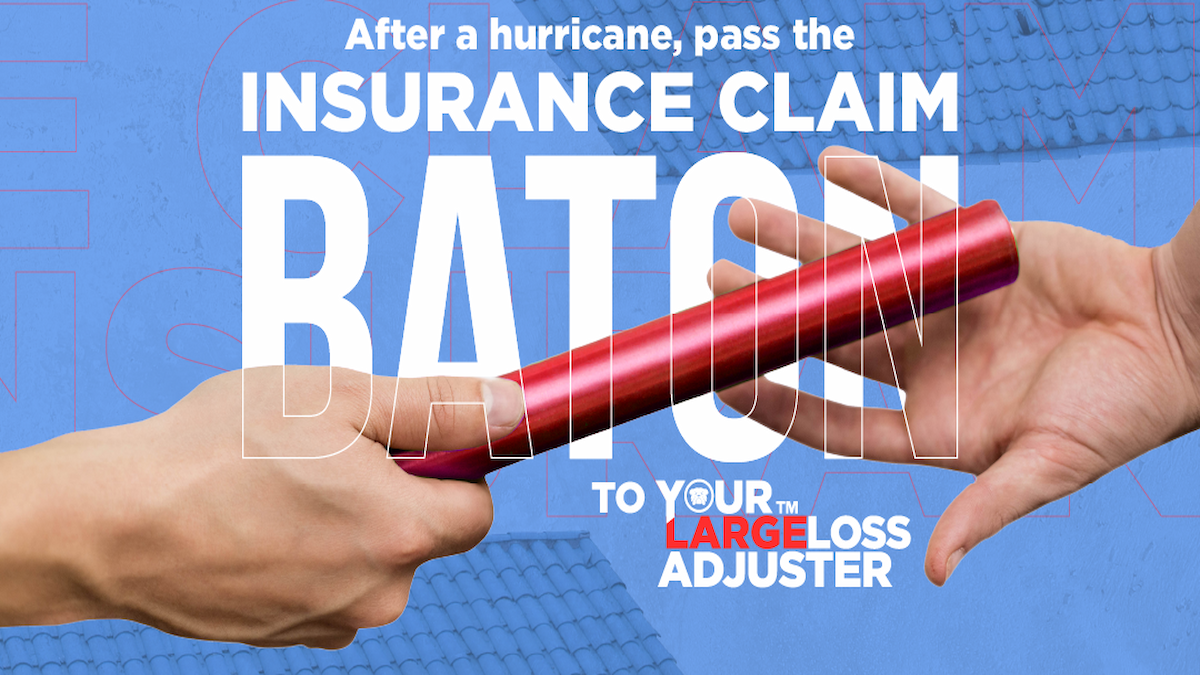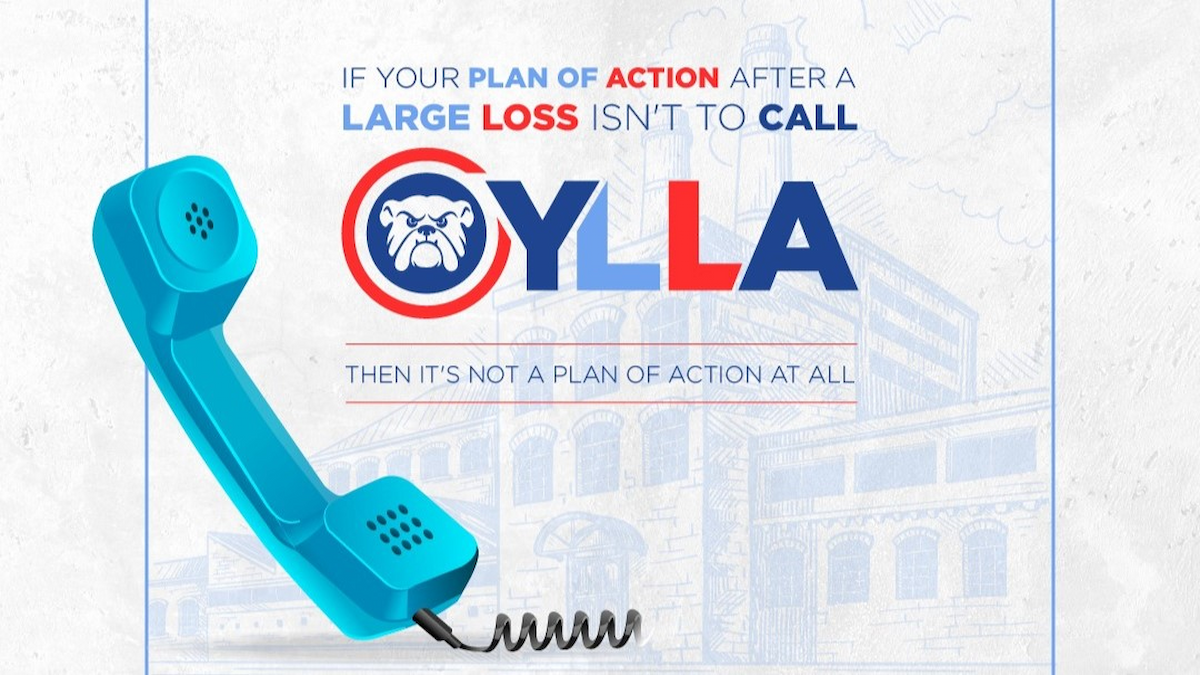We often encounter clients who have experienced a loss and file an insurance claim. However, the outcome of the claim can sometimes be confusing, especially when the claim is either partially denied or completely denied. In this blog, we will explore the differences between denied and partially denied claims and what they mean for policyholders.
A denied claim is a situation in which the insurance company denies the entire request for coverage. This means that the policyholder will not receive any compensation for their loss. On the other hand, a partially denied claim is when the insurance company agrees to pay a portion of the requested coverage, but not the full amount.
It is important for policyholders to understand the difference between these two types of claims as it can have a significant impact on their financial recovery. In the case of a denied claim, policyholders may need to take legal action or seek the assistance of a public adjuster to help them negotiate with their insurance company. In the case of a partially denied claim, policyholders may need to negotiate with the insurance company to determine the exact amount of coverage they will receive.
In this blog, we will delve into the reasons why claims may be partially or completely denied and what policyholders can do to increase their chances of a successful claim outcome. We will also provide tips on how to navigate the claims process and what to expect during the negotiation process. Stay tuned for valuable insights and practical advice on how to handle denied or partially denied insurance claims.
What is a Denied Claim?
It is a difficult and frustrating experience for a property owner to have their insurance claim denied. Unfortunately, this scenario is all too common, with insurance companies often denying claims for various reasons.
A denied property insurance claim is when an insurance company refuses to pay for the damages or losses a policyholder has incurred. This can happen even when the policyholder has paid their premiums on time and has a valid insurance policy in place.
Insurance companies have a vested interest in denying claims as it helps them to keep their expenses low and maximize their profits. They may use various tactics to deny claims, such as arguing that the policyholder is not covered for the damages incurred or that the policyholder is responsible for the damages.
Why Did My Insurance Company Deny My Claim?
When a property loss occurs, it is natural to turn to your insurance company for help. However, the process of filing a claim can sometimes end in disappointment, as the insurance company may deny your claim. This can leave policyholders feeling overwhelmed and uncertain about their next steps.
Why did my insurance company deny my claim?
There can be a variety of reasons why an insurance company denies a claim. Some of the common reasons include:
Policy exclusions
The insurance company may claim that your policy doesn’t cover the specific loss you incurred. It’s crucial to have a thorough understanding of your policy coverage and any exclusions that may apply.
Late reporting
If you fail to report your claim within the timeframe specified by the insurance company, they may deny your claim.
Pre-existing conditions
Insurance companies may argue that the damage or loss was already present before you took out the policy, making it a pre-existing condition.
Insufficient evidence
The insurance company may deny your claim if they feel that there is not enough evidence to support it. Having detailed records and substantial evidence can greatly improve your chances of a successful claim.
Misrepresentation
If the insurance company believes that you made false or misleading statements when applying for coverage, they may deny your claim.
It’s important to remember that insurance companies are businesses and their primary goal is to protect their profits. If your claim has been denied, don’t give up. Reach out to a public adjuster or attorney who can help you navigate the claims process and fight for your rights. With their expertise and guidance, you may still be able to recover the compensation you deserve.
What is a Partially Denied Claim?
A partially denied property insurance claim can be just as frustrating as a fully denied claim. In this scenario, the insurance company agrees to pay a portion of the damages or losses incurred by the policyholder, but not the full amount. This can leave policyholders with additional financial stress and uncertainty as they try to navigate the claims process.
Why Did My Insurance Company Partially Deny My Claim?
When it comes to property insurance claims, a partial denial can be just as frustrating as a full denial. Here are some common reasons for a partially denied claim:
Limited Coverage
Property insurance policies have specific limits and exclusions for coverage. If the damage you’re claiming for isn’t within the scope of your policy, the insurance company may only partially approve the claim.
Not a Covered Event
Insurance companies will only cover damages caused by specific events such as fire, theft, or storm damage. If the cause of the damage isn’t listed in your policy, the insurance company may partially deny your claim.
Reached Coverage Cap
Most insurance policies have a set limit for coverage. If the cost to repair the damage exceeds that limit, the insurance company may only partially approve the claim.
Inadequate Documentation
Insurance companies usually require supporting documentation such as photos, receipts, and police reports to approve a claim. If the necessary documentation isn’t provided, the insurance company may only partially approve the claim.
Pre-existing Condition
Insurance policies typically won’t cover damage that existed prior to the policy being taken out. If the insurance company determines that the damage was pre-existing, they may only partially approve the claim.
Not an Emergency
Some insurance policies have separate coverage for emergency repairs, while others don’t. If the repairs aren’t considered an emergency, the insurance company may partially deny the claim.
It’s important to understand that a partial denial doesn’t mean the end of the road. You still may be entitled to some compensation, and reaching out to an attorney or advocate may help you fight for your rights and get the full coverage you deserve.
What Do I Do About Denied or Partially Denied Claims?
If you’ve experienced a denied or partially denied property damage claim, it can be a challenging and confusing process to navigate. But you don’t have to face it alone. That’s where Your Large Loss Adjuster comes in. As experienced public adjusters, we specialize in helping property owners like you get the best possible settlement for your claim.
With our expertise and understanding of the insurance claims process, we can help you build a strong case for your claim and negotiate with your insurance company on your behalf. We’ll work tirelessly to ensure that you receive the compensation you deserve for your damages.
Don’t let your insurance company take advantage of you. Let the team at Your Large Loss Adjuster fight for your rights and help you get the settlement you deserve. Contact us today to schedule a consultation and learn more about how we can help.
Related: Tired of Waiting? 3 Tips to Get Your Claim Approved Faster!



